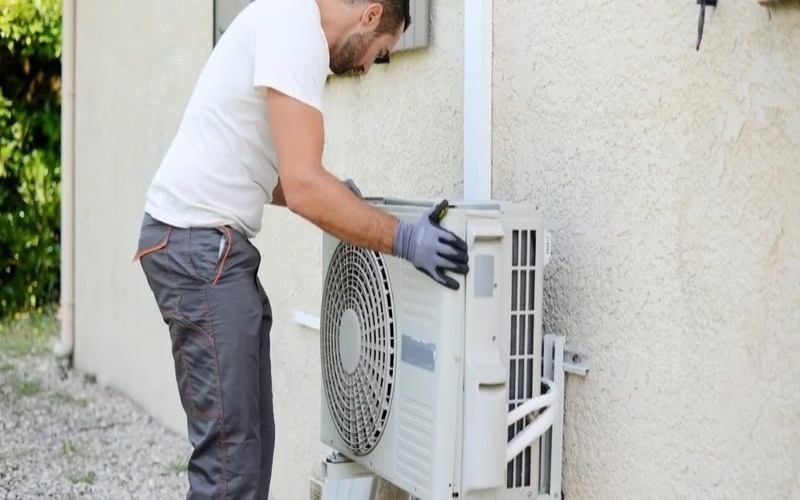Air conditioning installation is a specialized field that requires the expertise of professionals who understand the intricacies of HVAC (heating, ventilation, and air conditioning) systems. Proper installation is crucial for optimal performance, energy efficiency, and the longevity of the equipment.
Let us discuss the key aspects of air conditioning installation and highlight the importance of relying on experts in the field.
- Technical Knowledge – Air conditioning installation involves a deep understanding of the technical aspects of HVAC systems. Experts in the field possess knowledge of different types of air conditioning units, their specifications, and the intricacies of the installation process. They are familiar with the latest technologies, ensuring that the installation is in line with industry standards and regulations.
- Site Assessment – Before installing an air conditioning system, professionals conduct a thorough site assessment. This involves evaluating the size of the space, insulation levels, and the number of occupants. Experts consider factors such as local climate conditions, sun exposure, and the layout of the building. This comprehensive assessment ensures that the system installed is appropriately sized for the space, providing efficient cooling without unnecessary energy consumption.
- Energy Efficiency – Experts in air conditioning installation prioritize energy efficiency. They understand the importance of selecting a system with the right SEER (Seasonal Energy Efficiency Ratio) rating and optimizing the installation for maximum efficiency. This not only benefits the environment but also results in lower energy bills for the property owner over the long term.
- Compliance with Regulations – Air conditioning installation must comply with local building codes and regulations. Experts are well-versed in these requirements and ensure that the installation meets all safety and environmental standards. Compliance with regulations not only avoids legal issues but also guarantees the safety of the occupants and the longevity of the equipment.
- Proper Refrigerant Handling – The proper handling of refrigerants is a critical aspect of air conditioning installation. Refrigerants are substances used in the cooling process, and mishandling them can have environmental implications. Professionals are trained to handle refrigerants safely, ensuring that there are no leaks during or after the installation.
- System Calibration and Testing – After the physical installation, experts calibrate and test the air conditioning system to ensure that it operates at peak performance. This involves checking the airflow, refrigerant levels, thermostat accuracy, and overall system functionality. Calibration and testing help identify and address any issues before the system is handed over to the property owner.
- Warranty Compliance – Air conditioning units often come with warranties that may be voided if the installation is not carried out by certified professionals. Hiring experts ensures that the installation complies with the manufacturer’s specifications, preserving the warranty and providing peace of mind to the property owner.
- Customization and Integration – Every installation is unique, and experts can customize the installation to suit the specific needs of the property. They can integrate the air conditioning system seamlessly with existing HVAC infrastructure, ensuring a cohesive and efficient overall setup.
- Ongoing Maintenance and Support – Experts in air conditioning installation often offer ongoing maintenance services and support. Regular maintenance is crucial for the longevity of the system and maintaining its efficiency. Professionals can identify and address issues before they escalate, minimizing the risk of breakdowns and costly repairs.
Conclusion – Air conditioning installation is a complex task that requires the expertise of professionals with a deep understanding of HVAC systems. Hiring experts ensures that the installation is done correctly, meeting all safety and efficiency standards. Investing in a professional installation pays off in the long run through improved performance, energy efficiency, and the longevity of the equipment.

